Cataract Laser Surgery
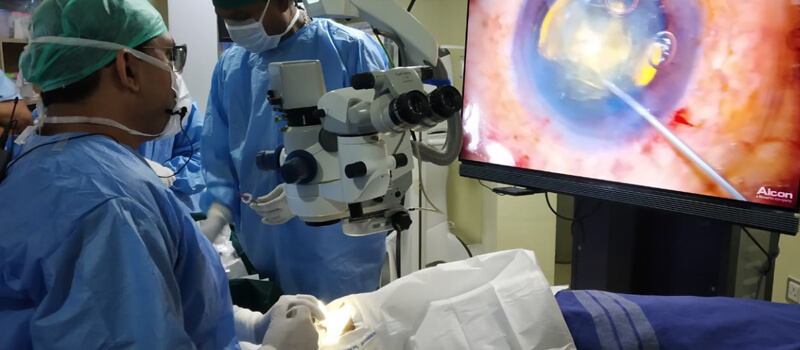
“Care for your eyes, you can see your future brightness with them”
Cataract
Cataract, clouding of the natural lens in eyes, is the most common cause of treatable blindness and cataract surgery is the most commonly done eye surgery worldwide. The most important parameter which decides the surgical outcome is the unparalleled surgical competence of surgeons and state of the art technologies. M M Joshi Eye Institute is proud to have the most skilled surgeons and most advanced technologies available today to perform cataract surgery by the phacoemulsification technique which helps patients achieve the best possible vision after surgery.
Cataract laser surgery by phacoemulsification is done through a very tiny incision not needing any stitches to close it. The Phaco machine emulsifies the cataract which is sucked out. A foldable lens (IOL) is inserted through the same tiny opening. This surgery does not involve painful anesthesia and is completely painless. The entire process usually takes less than 10 minutes in expert hands.
Phacoemulsification cataract surgery done at M M Joshi Eye Institute is
- Painless
- Stitchless
- Patchless
- Faster
- Requires no rest after surgery
It is extremely safe, convenient and has a quicker recovery of vision.
Robotic Cataract surgery – Bladefree Femtosecond laser-assisted cataract surgery is the new revolutionary Robotic Cataract Surgery. The surgical steps are assisted by femtosecond laser incisions which are precise and reproducible. Thus this is
- Extremely Accurate,
- Excellent Predictability,
- Free of Human Errors.
Newer Trifocal, Multifocal and Extended Depth of focus IOL’s also make it possible to work on computers and mobile phones without glasses.
With these new advances we aim to remove cataracts and strive to meet individual visual needs that allow a life lived to its full potential.

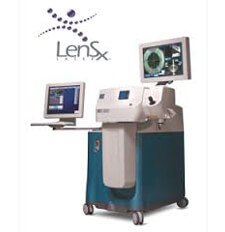
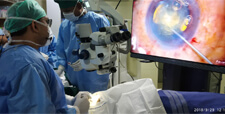
Cataract Surgeons & Specialists
At M.M.Joshi Eye Institute, we have some of the best Cataract surgeons in Karnataka who are highly experienced and take complete care of you and your loved ones.
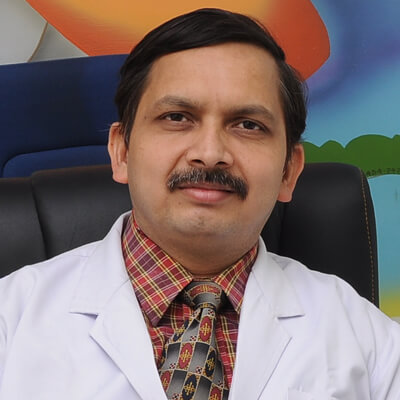
Dr. K. V. Satyamurthy
Cornea Specialist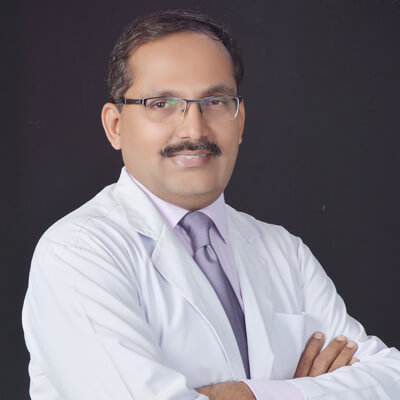
Dr. R. Krishnaprasad
Paediatric Ophthalmology and Glaucoma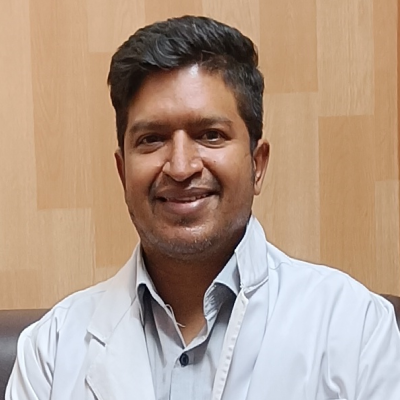
Dr. Manohar Puttanna
Anterior segment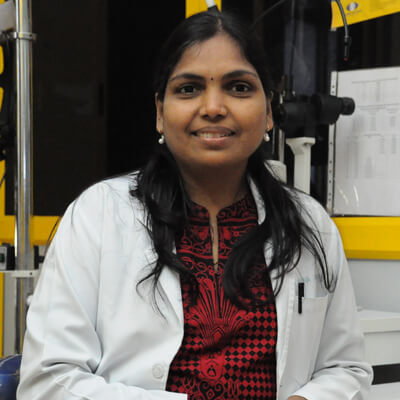
Dr. Anjana Kuri
Anterior Segment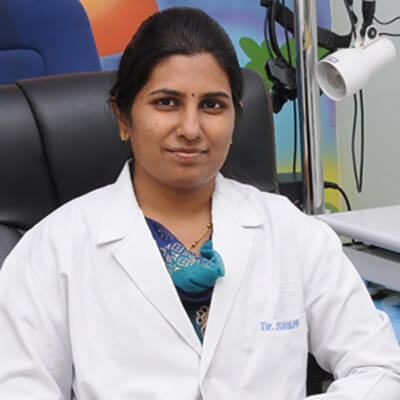
Dr. Shilpa Maled
Cornea Specialist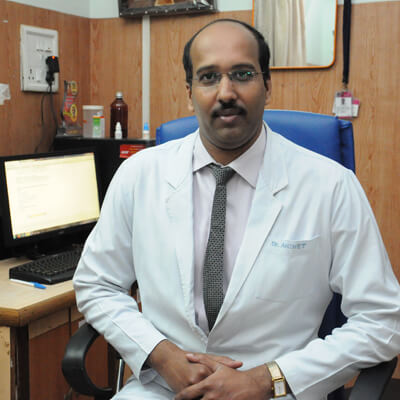
Dr. Aniket Shastri
Cornea, Phaco & Refractive SurgeryFAQs
-
Is cataract removal a major surgery?
No, In recent times cataract surgery is considered as minor surgery with surgery time being less than 20min.
-
What can you not do after cataract surgery?
One should avoid rubbing of eyes, cleaning with some dirt cloth
-
What are the 3 types of cataract surgery?
3 techniques are described depending on the method of removal of cataract and incision size, 1.extracapsular cataract extraction- was done earlier , where catarct was extracted by creating large incision on eye following suturing. 2. small incision cataract surgery- its modernized vesrion of above procedure, while incision are made in self sealing fashion and thus sutures are not required. 3. phacoemulsification- most advanced and newer type, where cataract are removed by placing very small incision which do not require sutures and nuclues will be removed using ultrasound enery by phaco machine .
-
How many days rest is needed after cataract surgery?
While no complete bed rest is required, doctors advise for a compulsory rest for at least 24 hours followed by as much rest to the eyes as possible. While one needs to ensure regular use of the medications and eye drops, one needs to restrict watching TV, using swimming pools, hot tubs,and activities that can get dust, dirt, or grit in your eyes for at least a few weeks. one also needs to protect your eyes from sunlight and bright indoor light.
-
What are the lifting restrictions after cataract surgery?
While there is no limiting restrictions on lifting, except for patients who has pre existing retinal problem, bending your head in the process of lifting weights or objects within a week of surgery, may hamper the recovery process.
-
Can I watch TV right after cataract surgery?
Watching TV in moderation is permissable but, because of the mild discomfort and watering, one needs to give at least a week’s rest to the eye which underwent cataract surgery.
-
How long does it take for blurriness to go away after cataract surgery?
One can regain clear vision after 24-48 hours . The vision steadily improves after 4-8 weeks.
-
Can cataract surgery eliminate the need for glasses?
Depending on the type of intraocular lens (either monofocal or multifocal) used in your eye during a cataract surgery, it will reduce the dependency on glasses or will eliminate the need for glasses.
-
Can I drive after cataract surgery?
Immediately after a cataract surgery , it is not advisable to drive because of the blurred vision. However, after 24-48 hrs, as the vision clears, one can drive around.
-
How long does cataract surgery take?
Routine cataract surgery will take only around 15-20minutes for the entire procedure. However, the monitoring period is an hour.
-
What happens if you blink during a cataract operation?
Anaesthetic eye drop is applied to your eyes before the surgery. When you blink, the drops spread over your eye, numbing the surface. Once these anesthetic eye drop completely numbs the eye, an instrument will be used to hold your eye open while the procedure is completed. This instrument ensures that you will not blink during cataract surgery.
-
Can cataracts grow back?
No. cataracts cannot grow back because the natural lens are removed and replaced. A secondary cataract that can happen is the clouding of the posterior capsule of the eye.
-
Does cataract surgery last a lifetime?
Yes. A successful cataract surgery is one where the cloudy natural lens of the eye is removed and an artificial intraocular lens is implanrted in its place. These IOL’s are inert and stays for lifetime in the eye and acts like a normal lens for the rest of life.


